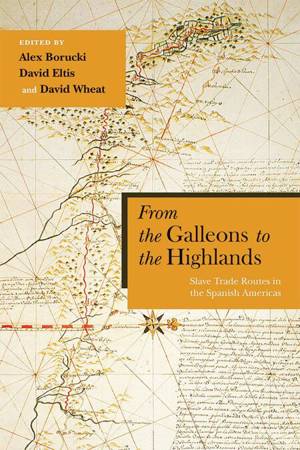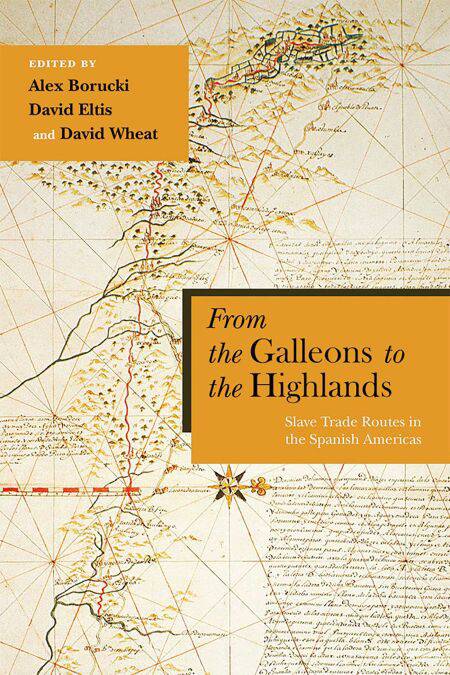
- Retrait gratuit dans votre magasin Club
- 7.000.000 titres dans notre catalogue
- Payer en toute sécurité
- Toujours un magasin près de chez vous
- Retrait gratuit dans votre magasin Club
- 7.000.0000 titres dans notre catalogue
- Payer en toute sécurité
- Toujours un magasin près de chez vous
From the Galleons to the Highlands EBOOK
Slave Trade Routes in the Spanish Americas
31,30 €
+ 31 points
Format
Description
The essays in this book demonstrate the importance of transatlantic and intra-American slave trafficking in the development of colonial Spanish America, highlighting the Spanish colonies’ previously underestimated significance within the broader history of the slave trade. Spanish America received African captives not only directly via the transatlantic slave trade but also from slave markets in the Portuguese, English, Dutch, French, and Danish Americas, ultimately absorbing more enslaved Africans than any other imperial jurisdiction in the Americas except Brazil. The contributors focus on the histories of slave trafficking to, within, and across highly diverse regions of Spanish America throughout the entire colonial period, with themes ranging from the earliest known transatlantic slaving voyages during the sixteenth century to the evolution of antislavery efforts within the Spanish empire. Students and scholars will find the comprehensive study and analysis in From the Galleons to the Highlands invaluable in examining the study of the slave trade to colonial Spanish America.
Understanding Latin America demands dialogue, deep exploration, and frank discussion of key topics. Founded by Lyman L. Johnson in 1992 and edited since 2013 by Kris Lane, the Diálogos Series focuses on innovative scholarship in Latin American history and related fields. The series, the most successful of its type, includes specialist works accessible to a wide readership and a variety of thematic titles, all ideally suited for classroom adoption by university and college teachers.
Understanding Latin America demands dialogue, deep exploration, and frank discussion of key topics. Founded by Lyman L. Johnson in 1992 and edited since 2013 by Kris Lane, the Diálogos Series focuses on innovative scholarship in Latin American history and related fields. The series, the most successful of its type, includes specialist works accessible to a wide readership and a variety of thematic titles, all ideally suited for classroom adoption by university and college teachers.
Spécifications
Parties prenantes
- Editeur:
Contenu
- Nombre de pages :
- 376
- Langue:
- Anglais
- Collection :
Caractéristiques
- EAN:
- 9780826361172
- Date de parution :
- 30-04-20
- Format:
- Ebook
- Protection digitale:
- Adobe DRM
- Format numérique:
- ePub

Les avis
Nous publions uniquement les avis qui respectent les conditions requises. Consultez nos conditions pour les avis.





